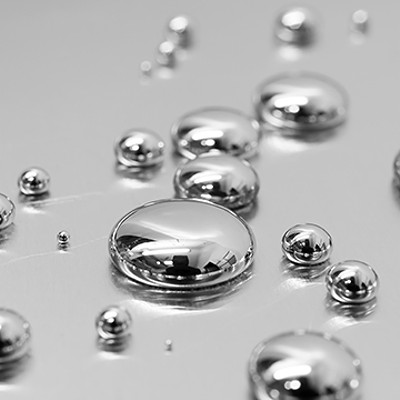A new study led by Washington State University assistant professor of psychology Carrie Cuttler confirms what cannabis users have long known: A quick puff can help ward off a headache.
According to the study, which was published online in the Journal of Pain, inhaled cannabis reduces headache severity by 47.3 percent. It's even more effective against migraine-related pain, reducing severity by 49.6 percent. The study included over 1,300 headache patients and 653 migraine patients who contributed more than 19,600 data points. Using an app, participants recorded their symptoms before and after consuming cannabis.
The study shows that concentrates like cannabis oil were more effective than whole flower. On the other hand, it was unable to find significant evidence that strains higher in THC or CBD were more or less effective than strains with lower levels of those two compounds.
This is a big deal not only because of the study's findings but also because of its methodology.
"We wanted to approach this in an ecologically valid way, which is to look at actual patients using whole plant cannabis to medicate in their own homes and environments," Cuttler tells WSU News.
In the world of medical marijuana, a lot is said but very little is known. Advocates of the plant claim myriad health benefits. Scientifically, though, there's not much evidence to support most of their claims. In large part that is due to the longstanding federal prohibition of cannabis which impeded scientific study.
Prior to this study, there had been only one other conducted on the efficacy of cannabinoids to treat headache pain. A 2012 study from the University of Modena in Italy compared ibuprofen and nabilone, a synthetic cannabinoid administered orally just like ibuprofen. Nabilone proved more effective. But the fact is, nobody's using nabilone. You can't just go out and buy it like you could a bottle of Advil or a pre-roll joint.
That's what makes the WSU study so important. It serves as a bridge connecting the clinical and the real worlds.
"We were motivated to do this study because a substantial number of people say they use cannabis for headache and migraine, but surprisingly few studies had addressed the topic," Cuttler says.
So, now there are two studies addressing the topic. More research is needed, of course, but this study could be what leads to more research.
"In the meantime," Cuttler says, "this at least gives medical cannabis patients and their doctors a little more information about what they might expect from using cannabis to manage these conditions." ♦


















